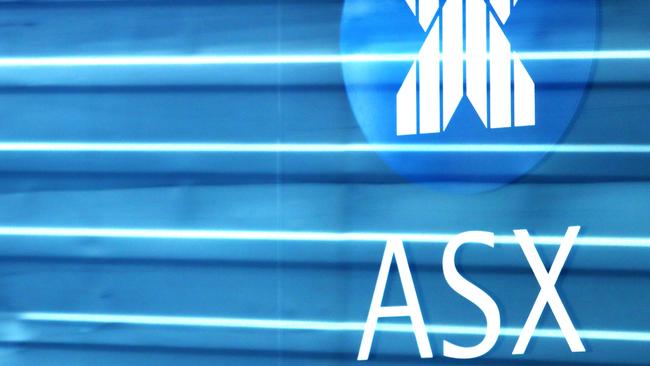
In the retail sector, support payments have obviously boosted sales through lockdown periods, but the impact will be much wider with JobKeeper payments changing the numbers in multiple categories from hospitality to transport.
Analysts suggest that among big cap stocks such as miners including Rio Tinto - which reports on Wednesday - the issue will be less relevant, but in the mid-to-small cap end of the market the issue is going to be critical.
Local investors got a taste of what might be coming down the line in the earnings guidance issued by trucking conglomerate K&S Corporation, which reported it expects a $15m to $16m profit for the year to June.
But the company then noted it had received $12.4m in JobKeeper subsidies in the last three months of the last financial year.
In itemising its JobKeeper payments, K&S Corporation became one of the first listed stocks to follow a directive from the market regulator, Australian Securities and Investments Commission, that said companies should disclose the level of government grants included in overall results.
However, analysts warn that many companies will not be so diligent, while for other groups government support might be prevalent but not direct.
Global broker Citi pinpointed the retail sector in its earnings guidance note on Tuesday, suggesting: “Trading updates for the reporting season are expected to be positive given government support and superannuation withdrawal - this may prove misleading as there will be a step down in stimulus come December which is likely to result in weaker sales growth.”
Citi says guidance will be rare among all companies warning that investors need to take all results with caution.
“We think investors need to be careful in interpreting the COVID-19 disruptions called out by companies, given there have been impacts on both revenue and costs that may not be clearly disclosed.”
In general, broker forecasts have suggested that across the market, earnings could be down by around 20 per cent and dividends might also drop by about 20 per cent. Averages forecasts will disguise huge variations in individual company performance.
According to Citi, the drop in dividend payments so far has been largely attributable to the big banks: “With all September-reporting banks having reduced or cut their interim dividends... Our analysts expect CBA to announce no final dividend for FY20, in-line with the other majors.”
However, one bright spot in the earnings season will be the larger miners, which are expected to contribute a third of the dividends in the market up from a quarter last year.
Indeed the widespread presence of government support coupled with volatile trading conditions has led some in the market to virtually disregard the season ahead as a one-off event where the numbers streaming into the ASX from earnings results might simply confuse investors.
Damien Klassen head of investment at fund manager Nucleus Wealth, says the reporting season will be such an outlier he is trying to look at how individual companies performed historically and then what might come in FY2021-22 treating the current period as too opaque for serious modelling.
“We are looking back at five year records and then trying to forecast beyond one year out because this year there are going to be so many twists and anomalies some of the numbers are actually going to be meaningless,” he says.







The government’s shrinking JobKeeper program is set to add another layer of difficulty in the annual earnings season that starts this week.